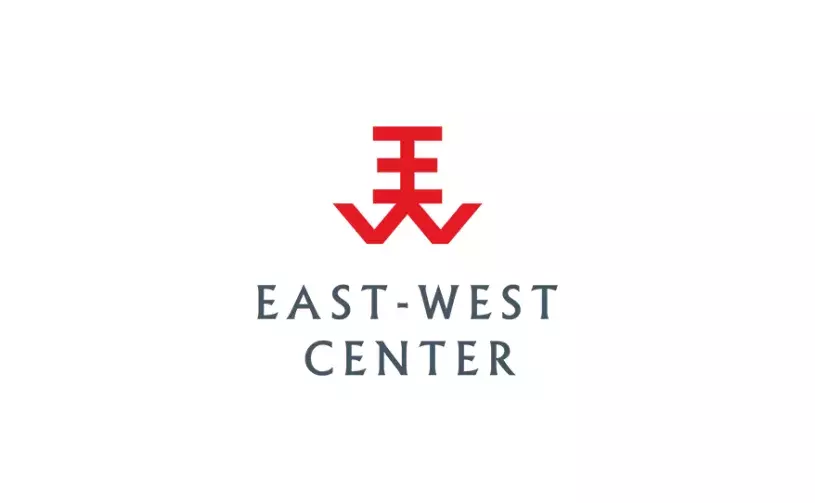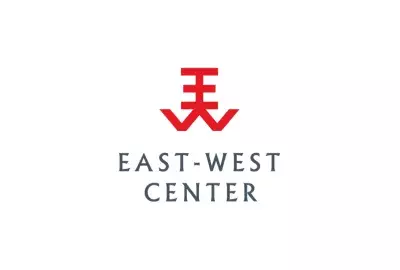Error message

Since Malaysia imposed controls on capital outflows during the 1997-1998 financial crisis, the debate on capital controls has carried on. This begs the question of what Vietnam should learn from her neighbor’s experience. In this paper, two arguments supporting capital controls for Vietnam are presented. The arguments can be applied for any country that has similar economic conditions to those of Vietnam. From the empirical evidence, long-run benefits of capital liberalization are not clear. Additionally, it appears that capital movements de facto contribute to growth, not capital liberalization de jure. This implies that a large country should not pressure a small one to liberalize her capital markets as a pre-condition for bilateral trade.
Since Malaysia imposed controls on capital outflows during the 1997-1998 financial crisis, the debate on capital controls has carried on. This begs the question of what Vietnam should learn from her neighbor’s experience. In this paper, two arguments supporting capital controls for Vietnam are presented. The arguments can be applied for any country that has similar economic conditions to those of Vietnam. From the empirical evidence, long-run benefits of capital liberalization are not clear. Additionally, it appears that capital movements de facto contribute to growth, not capital liberalization de jure. This implies that a large country should not pressure a small one to liberalize her capital markets as a pre-condition for bilateral trade.
East-West Center Working Papers, International Graduate Student Conference Series





